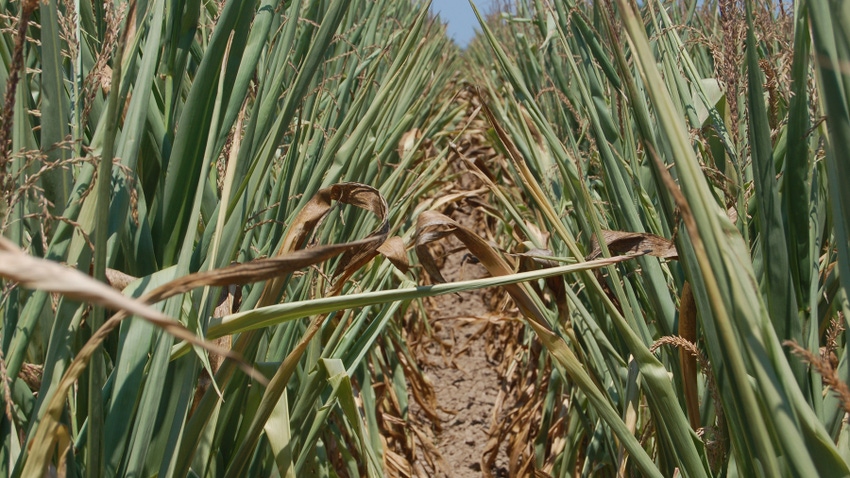
When a corn plant wilts, you know it’s stressed. What if it could change color days before it wilts, alerting you to an oncoming crisis? You could take action to mitigate effects.
Plants can’t communicate verbally, so Insignum AgTech, Atlanta, Ind., wants to enable them to use pigments to communicate health problems. Using gene-editing, the company seeks to create crop traits bred into seed that would allow plants to change colors and indicate what they need before the problem becomes full-blown. Growers could receive plant signals about weather stress, insect damage, disease or soil fertility issues through color-coded plant responses.
The technology isn’t here yet. But Insignum AgTech just announced that it has closed on a round of funding from ag investors, which will enable advanced genetic development toward a commercial product, allow the company to apply for regulatory approval and let it expand field tests. Visit insignumagtech.com.
More than a sprayer
John Deere continues moving forward with technology that enables a tractor to be more than a tractor, and a sprayer to be more than a sprayer. Now, if you have the SmartApply Intelligent Spray Control System, you can seamlessly flow SmartApply data into the John Deere Operations Center. Spokespersons say this change will allow growers with the system to easily and efficiently analyze past work, guide future business decisions, and document savings achieved through the SmartApply system.
This is all possible because John Deere and Smart Guided Systems entered into an agreement in December 2020. The SmartApply Intelligent Spray Control System can be added to almost any blast sprayer, regardless of make or model. Blast sprayers are typically used most in orchards and high-value crop situations. Visit johndeere.com.
Case IH ag tech news
Case IH now offers a new precision farming feature called Advanced Farming Systems Furrow Command. It’s designed to work in rhythm with Precision Disk air drills from Case IH. AFS Furrow Command automates downforce settings and provides real-time feedback to the operator in the cab. Spokespersons say the result is consistent, uniform seed depth and placement, even in rolling fields. Visit caseih.com.
Tracing food products
Many consumer-goods companies want to partner with growers who raise crops a certain way to help consumers make more informed purchasing decisions based on the food’s origin. How they will do this is becoming clearer. Cloud-based solutions for the food, feed, fiber and fuel industries are appearing from Bayer and Microsoft through Microsoft’s Azure Data Manager for Agriculture tool. The latest announcement of the capabilities of this digital technology ties back to the partnership formed between the two companies in 2021.
Robert Reiter, head of research and development for Bayer’s Crop Science division, says lots of data is generated in modern farming and food production, but it’s often disconnected. Azure Data Manager for Agriculture offers the opportunity to connect this data, and increase transparency in food production and the overall food delivery chain. Visit bayer.com.
Crop information from Bayer
Bayer offers add-ons to the Azure Data Manager for Agriculture system that could deliver useful information during the crop season. See bayer.com. Here is a closer look at three options:
Imagery insights. Satellite images and supporting data can help track crop health over time. Identify areas in fields that need attention.
Growing degree days calculator. This service calculates growing degree days. Use that measurement to focus on timing of variables affecting crop growth, health and output. You can also use the information to predict when insects and diseases may appear, and to chart expected crop growth stages.
Crop water-use maps. This service provides information that allows for tracking the amount of water a crop uses or loses in any 24-hour period. It would be insightful for anyone, but especially for those planning irrigation timing.
About the Author(s)
You May Also Like




